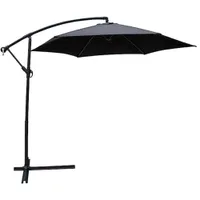Everyone is talking about that 3 hour warning for gardeners, but how true is it?
The truth behind the 3 hour warning that's all over the internet

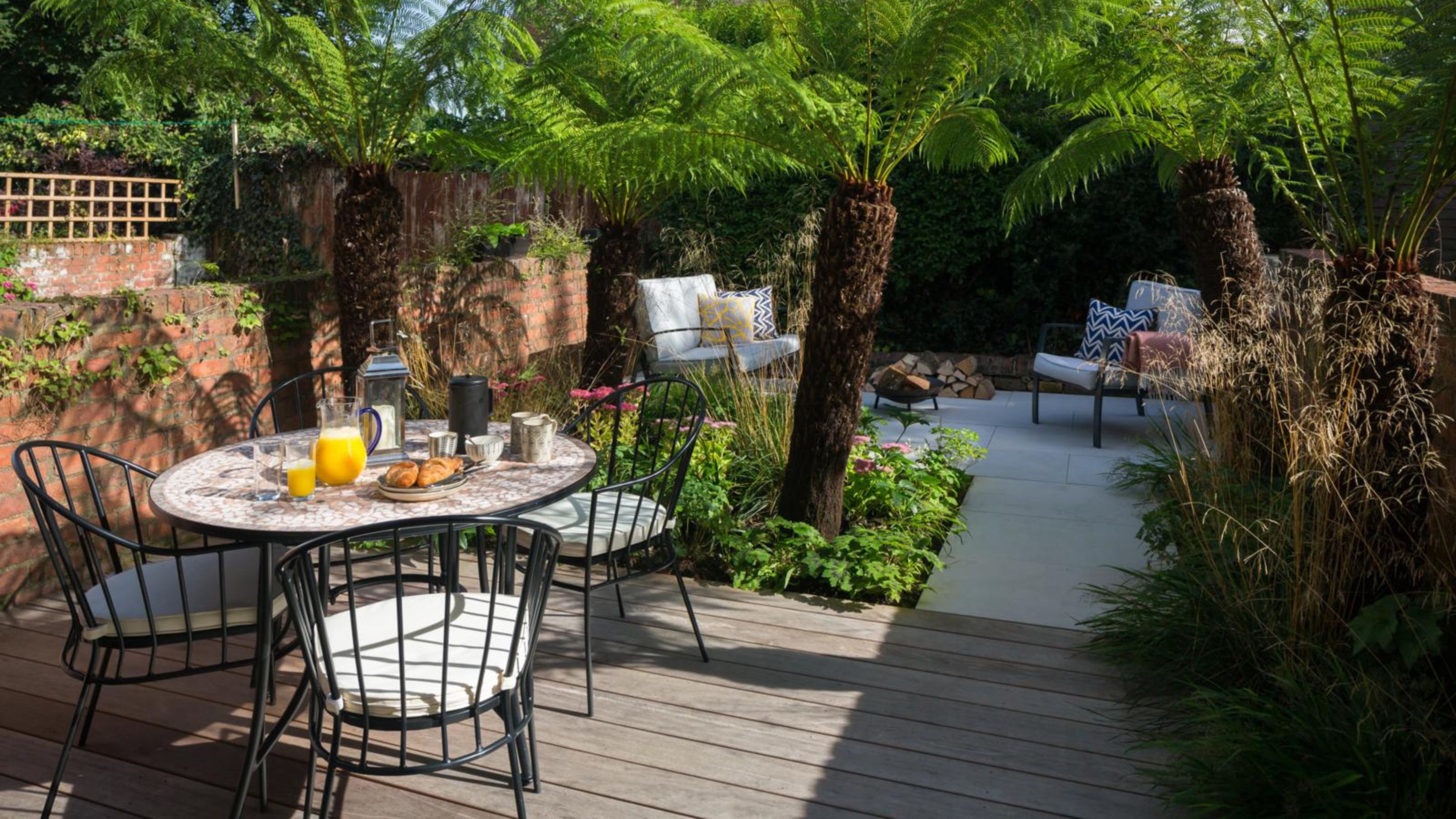
What's life without a little drama, eh? This week, headlines issued a '3 hour warning for gardeners', with many insisting that it's dangerous for people to make good on all their garden ideas between the hours of 11am and 2pm this summer.
There is, however, a bit more to it than that. Obviously.
The 3 hour warning for gardeners
The 3 hour warning makes sense, in theory, as it is hinged on the rising UV levels over the summer months.
This means that, generally, the worst time to head outdoors for a spot of garden maintenance is between the hours of 11 am and 2pm.
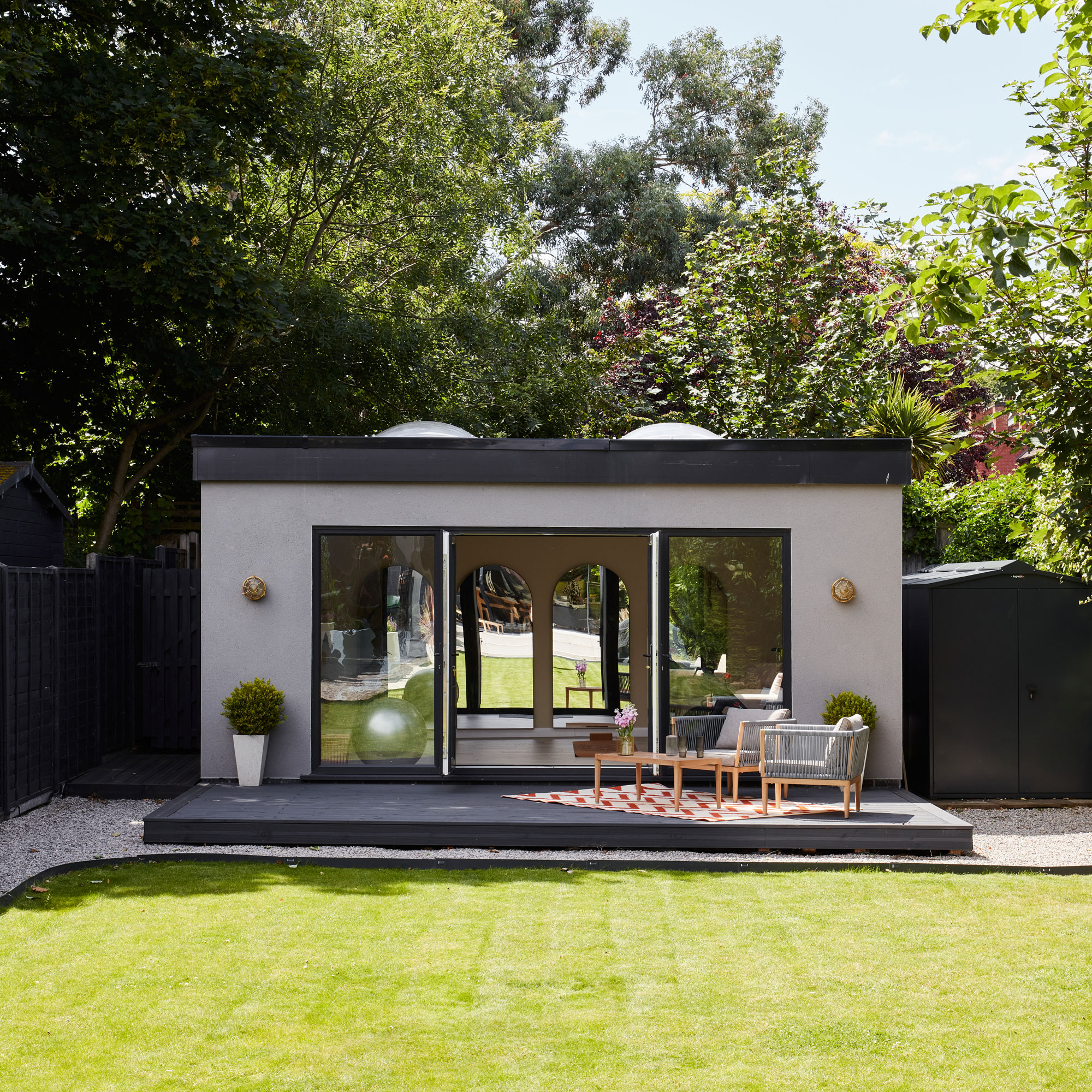
However, as a spokesperson for the Met Office tells us, it's a little extreme to recommend that everyone stays inside during these hours throughout the whole summer. After all, on some days the UV index will be lower.
'A small amount of UV radiation is essential in the production of vitamin D,' they add. 'However, too much exposure to the sun can have serious effects on your skin and eyes.'
How to protect yourself while gardening
While the 3 hour warning is a good idea in theory, it fails to take into account the fact that many people have to be outside during these hours (not to mention the fact that UV levels may peak and trough throughout the day).
Sign up to our newsletter for style inspiration, real homes, project and garden advice and shopping know-how
'At Hopes Grove Nurseries we have a team of 20 who carry out all the ‘growing’ jobs, and they need to get the jobs done regardless of the weather,' says Morris Hankinson, who runs the specialist garden centre.
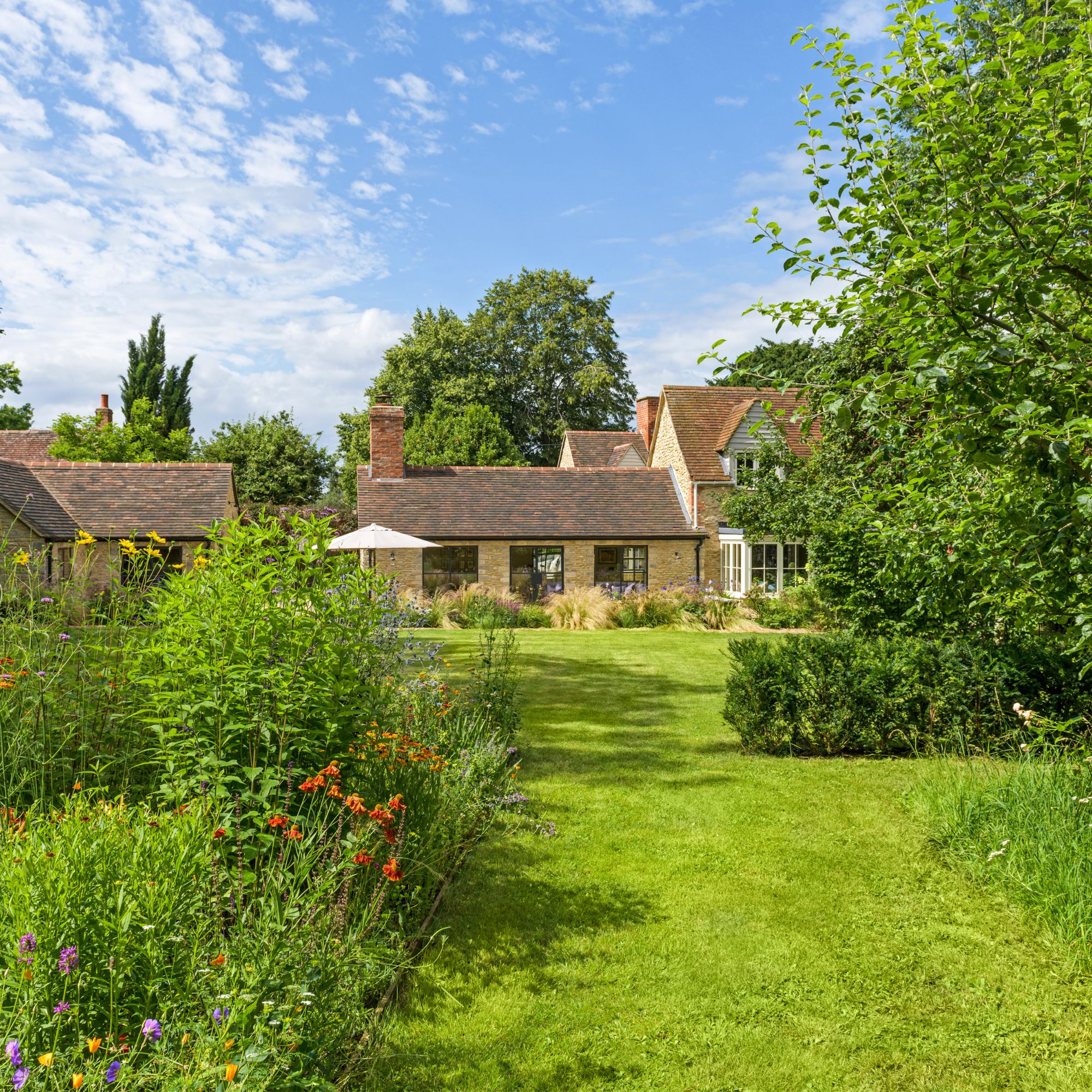
While we are all guilty of making one or two (or more!) gardening mistakes during hot weather, though, exposing ourselves to unhealthy UV levels absolutely shouldn't be one of them.
Here, Morris has shared the tips that he and his team use to keep the nursery working (and themselves safe and well) in the summer heat:
1. Start early and finish early
The coolest part of the day is first thing in the morning so aim to get as much done before the temperature climbs.
'At the nursery our staff opt to start work 1-2 hours earlier in the hot weather,' says Morris. 'And that means starting as early as 5am!'
Handily, this works well for our gardens, too: remember, our ultimate heatwave watering guide insists that we should tend to our plants in the early morning, as this is less likely to cause scorching and means the water won't evaporate before your precious peonies have a chance to drink their fill.
2. Stay in the shade
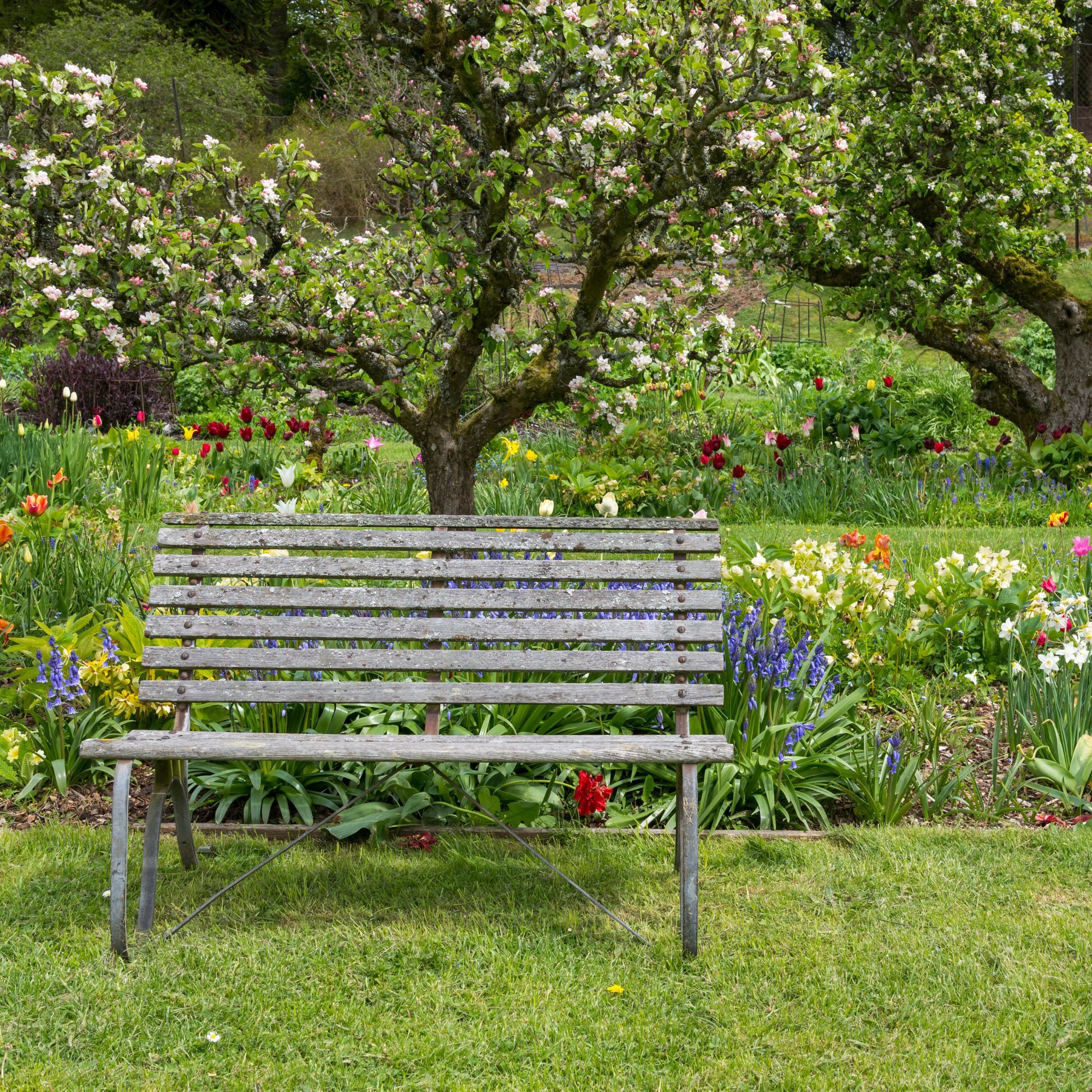
It is important to stay in the shade during the hottest part of the day (the NHS advises you do so between 11am and 3pm), as this will help you to avoid the worst of the heat and UV.
'At the nursery we aim to get jobs in the glasshouse or in full sun (like weeding) completed first thing in the morning,' says Morris. 'If that’s not possible, we have collapsible/moveable gazebos that our staff use to keep the sun off.'
Again, this can work wonders on certain garden jobs. If you're taking hydrangea cuttings, for example, it is always best to work in a cool and shady spot to prevent them drying out.
Banana parasol | £79.99 at Amazon
This rust-resistant (and wipe-clean!) parasol comes with a crank handle, which makes it easy to open and shut. Better still, the canopy is made with premium PU and UV coating at UPF 50+, which means it provides 95% UV protection.
Alternatively, make sure you have somewhere to cool off, be it in a shady room in the house with a breeze, or even a cold shower.
'At the nursery our staff have an air-conditioned mess room – on hot days they really need it on their breaks,' says Morris.
3. Stay hydrated
It is so important to drink plenty of plain, fresh water when the sun is high in the sky.
'Avoid drinks that contain caffeine, sugar, or alcohol as they will all dehydrate you,' says Morris. 'We have a water cooler at the nursery, and it’s very well used!'
4. Wear protective clothing
Alfred Wainwright famously said that 'there's no such thing as bad weather, only unsuitable clothing' – and he was absolutely onto something!
The NHS advises that you don clothes and sunglasses that provide sun protection, such as:
- a wide-brimmed hat that shades the face, neck and ears
- a long-sleeved top
- trousers or long skirts in close-weave fabrics that do not allow sunlight through
- sunglasses with wraparound lenses or wide arms with the CE Mark and British Standard Mark 12312-1:2013 E
'Loose fitting clothes made from natural fibres are best for gardening in,' adds Morris.
'And, unlike the Hopes Grove team, you probably won’t need to wear a high vis vest on top!'
5. Wear sunscreen

The very best thing you can do to protect yourself from the sun is to use a high factor sun cream with good UVA protection, like Garnier Ambre Solaire SPF 50+.
As a guide, adults should aim to apply around 6 to 8 teaspoons of sunscreen if you're covering your entire body. And you need to be applying it 30 minutes before you head outdoors, too.
'When you feel the start of burning, it's too late,' adds Morris. 'Always use plenty of sunscreen, and never stop reapplying it.'
6. Keep checking the UV levels
As mentioned already, UV levels can spike and shift throughout the day, so the best thing to do is use the Met Office's forecast to plan all of your jobs to do in the garden accordingly.
'Cloudy days still have high UV,' adds Morris. 'The same precautions need to be taken on cloudy days as well as sunny ones.'
And on that note, this writer is off to douse herself in sunscreen. Stay safe out there, everyone!
When should you avoid being out in the sun?
It is a good idea to limit your direct exposure to the sun, especially between 10am and 4pm, as this is when UV rays are strongest. Seek shade, apply sunscreen, and wear a wide-rimmed hat if you do have to be outside during these hours – and choose clothing that will protect as much skin as possible, too.
Why is it good to stay in the shade?
Shade is one of the best ways to protect yourself from the heat, as well as from the sun's harmful ultraviolet (UV) rays, which can cause skin damage and lead to skin cancer. Make sure you set up a nice shady spot to work in if you have to garden during the summer.

Kayleigh Dray became Ideal Home’s Acting Content Editor in the spring of 2023, and is very excited to get to work. She joins the team after a decade-long career working as a journalist and editor across a number of leading lifestyle brands, both in-house and as a freelancer.
